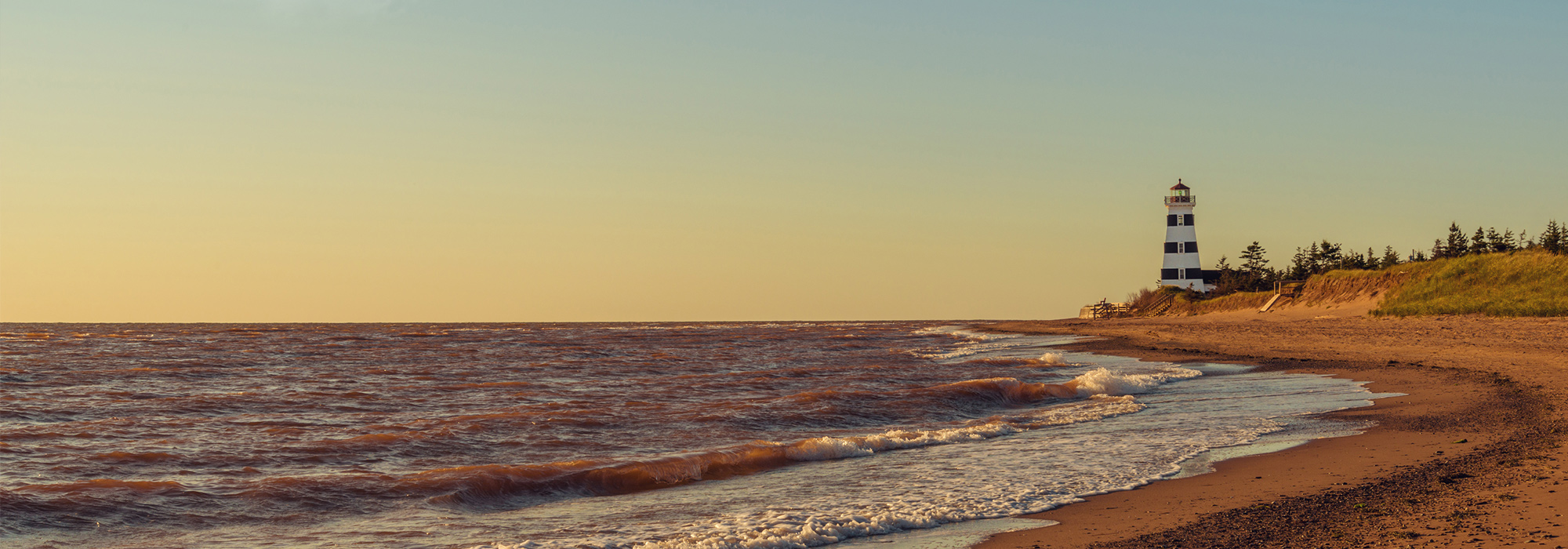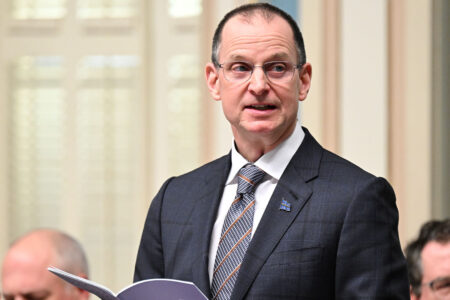
Some of us have spent a considerable amount of time over the past six months researching, writing and brainstorming about what this region needs in order to take ourselves to a new, more prosperous and more self-sufficient level. A level that will enable our children and grandchildren to stay here because there will be jobs here. And the immigrants who come here will also want to stay.
I find it frustrating that the more than 50 years of regional economic development financial assistance in the form of DREE [Department of Regional Economic Expansion], DRIE [Disaster Recovery Information Exchange] and ACOA [Atlantic Canada Opportunities Agency] grants and subsidies hasn’t produced measurable results. These are very good programs, which are now spread from coast to coast, but in our case they haven’t led to making a real difference in our region, although it can be argued they do have positive local effects.
If you read what our various premiers, party leaders and others say, it leaves the impression that we are content, very content, with receiving Equalization and we even cannot imagine a world without it.
If you read the annual dispatches from the Council of Maritime Premiers, you will find that the premiers mention Equalization every year. And every year the message is the same. Don’t change it. Ever. But we seldom come up with ideas to fix our common problems jointly.
Receipt of Equalization is the recognition that there’s something about your province that doesn’t result in an economy that is able to support the Canadian way of life within its borders and on its own. It is morally indefensible, I believe, to be content to receive it, without doing everything you can to avoid receiving it. If you have done everything possible to avoid receiving it, and you still receive it, you can be content. But not until then. So, why can’t we make positive fiscal contributions to this great country of ours?
There are three obvious facts about the Maritime provinces.
The Maritime provinces are the three smallest geographically.
The Maritime provinces are three of the four smallest in population, the fourth being Newfoundland and Labrador.
The Maritime provinces have no resources for which the world will pay a premium. There’s some gas but no oil — and Nova Scotia’s offshore gas runs out in about 10 years, declining each year until then. And none of our provinces has a mining industry. We in Nova Scotia for some reason hate mining so much that we’ve virtually banned it.
And there is no expectation that resources like these can be found.
The result is that our three Maritime provinces face common problems. Our children have left for decades for better opportunities in the performing provinces. They continue to do so and it is hard to imagine a future when they won’t.
Our population is getting greyer and needs more and more expensive services. And our population will continue to put less and less back into the economy with respect to labour and taxes, unless we find a way to keep our young people here as well as attract new people.
We are not a popular destination for immigration from within Canada or from outside, unless perhaps you are retired. A high percentage of those who come here leave for other parts of Canada as soon as they can. We have a terrible record of immigrant retention.
All three provinces have serious deficit problems.
Despite lack of power to do anything positive to effect meaningful change, our provincial governments themselves are huge. Taken together they give Maritimers more government than they really need, and certainly more than they can afford. Each of our provinces has about 50 percent more public sector employees per capita than British Columbia, which mirrors Nova Scotia with its high naval presence, and we all know about BC’s continued flirtations with NDP governments.
A comparison of provincial legislatures provides similar data. The three Maritime provinces have 134 MLAs [members of the legislative assembly]. Ontario has 106 MLAs for a population more than seven times the Maritimes population.
Some of us senators have decided to promote the cause of Maritime union. I know that you think you’ve heard it all before. We think that the failure of past attempts, at least in part, is that the participants wanted to edge around the issues for too long. They wanted to take baby steps.
I, on the other hand, declare my support for full political union and the creation of one Maritime province comprising present day New Brunswick, Nova Scotia and Prince Edward Island as soon as possible.
In 1875…Edward Willis of the New Brunswick cabinet proposed a union that would “lessen the expenses of provincial governments, diminish local prejudices which obstruct material progress and add weight to the influence of maritime representatives in Ottawa.”
You might call these the “winning conditions” for Maritime union.
While there have been attempts to raise the issue for over 150 years, there has never been a champion with any power. And now, through the Council of Maritime Premiers, we are involved in the appearance of making progress on union when we really aren’t. The small improvements the council is able to make are great, but they don’t change our fortunes.
A quest for Maritime union must be perceived as a good thing, a beneficial thing, by Maritimers in all walks of life. They have to want it. They have to instruct their provincial politicians that they want it. But let’s face it, the political inertia around the issue is fed by politicians and bureaucrats worried about their personal status. We have to remind them that they don’t own this issue. The people do.
They must appreciate, even feel, that they are Maritimers before they are New Brunswickers, Nova Scotians and Prince Edward Islanders. This sounds like a real obstacle until you remember the opinion poll 40 years ago that showed about 60 percent support for a concept that hadn’t even been sold. Perhaps Maritimers feel something about this issue in their bones.
In some sense, the Maritimes is a real place. The Maritimes has always been a way to describe this region, and Maritimer has always been a way to describe the people who live here.
In many ways, our provincial boundaries are artificial. They in fact divide us. They divide a group of people who came here about the same time, who have the same, or very similar, ethnicity and histories, and who have very common problems and aspirations. Certainly, Maritimers have more in common with each other than with people in Quebec, Ontario, Saskatchewan or any other province you could name. We in fact have more in common with people in Maine than with people in any other Canadian province. We are a distinct people and we have a distinct culture.
But we are divided. These divisions prevent us from capitalizing on our skills, talents and culture and showing them to the world. These divisions lead to behaviour at cross purposes and an inability to get the most out of our wonderful, blessed, region. We are very competitive, but the nature of our divisions leads us to direct our competition against each other when it should be directed at the rest of the world.
It is time to end the divisions. It is time to acknowledge that we are one. And a very powerful one at that.
Photo: Shutterstock by Vadim.Petrov






